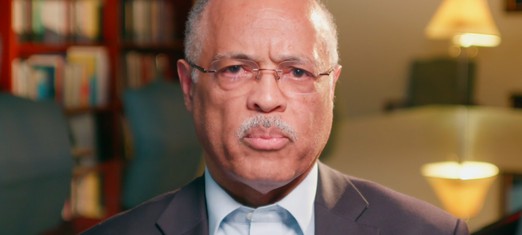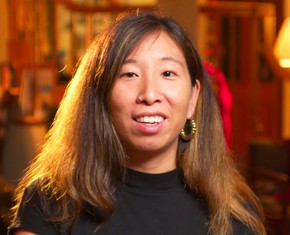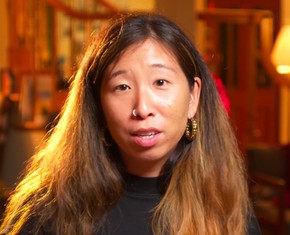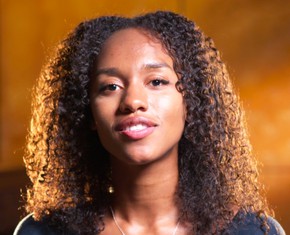“I suspect that there are many instances where the genuine friendships that Baha’is extend across racial lines are regarded as distinctive,“ says Anthony Vance, a Baha’i living in Washington, D.C.
In this video from “The Race Unity Project,” Anthony reflects on how much segregation persists in American society. He shares that, for example, according to survey data, most white Americans don’t have interracial friendships — and some Black people don’t either. But the Baha’i community offers a unique opportunity to build close bonds of friendship in diverse, multicultural settings.
RELATED: How Interracial Friendships Can Lead To Racial Healing
Anthony explains that, “In Baha’i communities, we have study circles that help people to think more deeply about their own personal spiritual transformation in various ways. We have junior youth activities, children’s activities — all designed to build moral capacity within the individual.”
RELATED: How Community Service Created Lasting Friendships
The Universal House of Justice, the global governing body of the Baha’i Faith, described these diverse community-building activities in a 2008 letter:
Responding to the inmost longing of every heart to commune with its Maker, [Baha’is] carry out acts of collective worship in diverse settings, uniting with others in prayer, awakening spiritual susceptibilities, and shaping a pattern of life distinguished for its devotional character. As they call on one another in their homes and pay visits to families, friends and acquaintances, they enter into purposeful discussion on themes of spiritual import…
Produced by Journalism for Change, Inc, a nonprofit media organization founded by filmmaker and human rights activist Maziar Bahari, “The Race Unity Project” tells “the century-long story of the American Baha’i community and its efforts — as well as its tests and challenges — in promoting race unity.”
“And, of course, what we’re looking for is not just that Blacks and whites come together, but rather that they come together in a way that is transforming for both groups,” Anthony says. “In other words, in a way that’s spiritually transforming, that is designed to lead to the advance of society [and] the transformation of society.”
Watch Anthony discuss the impact of racism in the U.S. and how the Baha’i teachings give us the tools we need to overcome it.
Radiance Talley serves as the director of operations at BahaiTeachings.org, where she integrates her expertise in SEO, journalism, design, and publishing into every aspect of her work. She has edited and written hundreds of articles for BahaiTeachings.org and has also written and optimized articles for...
READ MORE















Comments
Sign in or create an account
Continue with Googleor